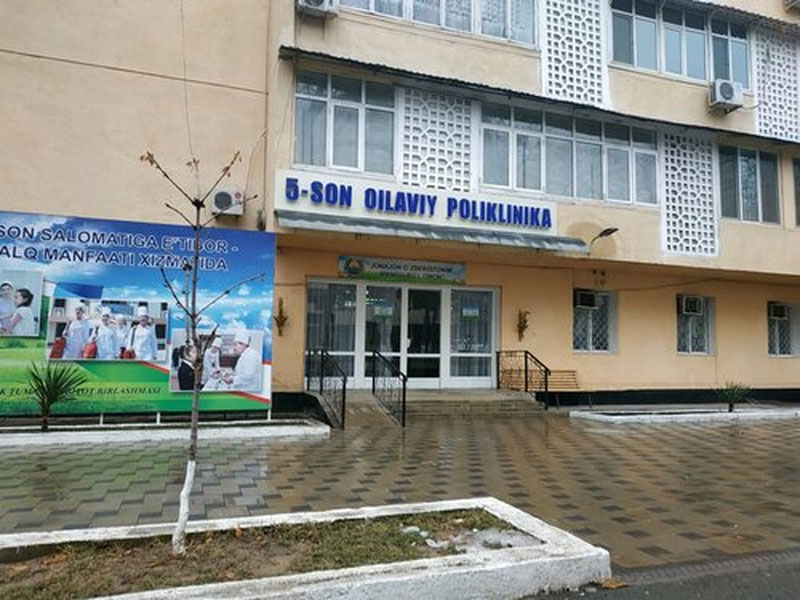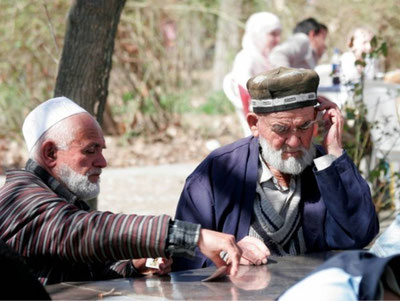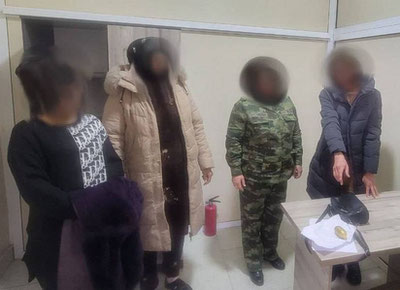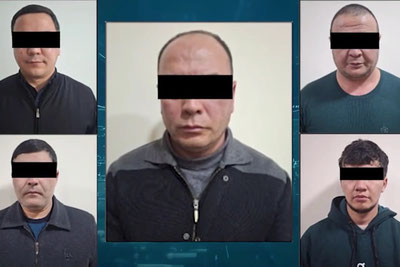According to Shukhrat Almardanov, the head of the Ministry's Medical Insurance Department, Article 48 of our Constitution indicates that citizens of the Republic of Uzbekistan are entitled to receive a guaranteed volume of medical care at the expense of the state as established by law.
As per the relevant order of the Ministry of Health, currently, the list of guaranteed volumes of medical care includes family doctor points, family clinics, multi-disciplinary central clinics for 28 types of diagnostic examinations, 22 laboratory analyses, 138 types of medicines, 57 medical items, the most common 110 diagnoses, as well as district (city) central hospitals for 28 diagnostic examinations, 46 laboratory analyses, 235 types of medicines, 76 medical items, 27 surgical treatments, and the most common 257 diagnoses provided free of charge at the expense of the state.
The new draft law introduces amendments and additions to the Law of the Republic of Uzbekistan "On the Health of Citizens", aiming to define types of medical care that are considered additional services beyond the guaranteed volumes of medical assistance provided free of charge at primary healthcare institutions.
This means that it aims to regulate additional services that are not included in the state-guaranteed free medical assistance package at primary healthcare institutions.
According to this draft law, patients are required to undergo relevant medical examinations at primary healthcare institutions within specified periods and consult a family doctor or medical team to receive state-funded or free medical services included in the guaranteed volume. Emergency and urgent medical care are not included, of course.
For a patient to be treated by a specialist in narrow fields, a referral from a family doctor is necessary. After that, medical services within the guaranteed volume are provided for free.
In this case, the family doctor provides electronic referrals to specialists in narrow fields or to hospitals, if necessary, according to the standards of treatment and diagnosis. The patient is then examined by the specialist or is hospitalized based on this referral. In instances where this procedure is not followed, medical services are provided on a fee-based basis.
This entails that providing medical and other services beyond the guaranteed volume of medical assistance at primary healthcare institutions counts as additional services, which are executed on a fee-based system.
Medical assistance provided to citizens without a referral from a family doctor or medical team (except for emergency and urgent medical aid) is determined to be an additional service.
In short, the introduction of this innovation into the legislation enhances the efficiency of state medical insurance mechanisms and creates the necessary conditions for the provision of free and high-quality services included in the guaranteed volume of medical assistance by family doctors or medical teams at primary medical institutions.






